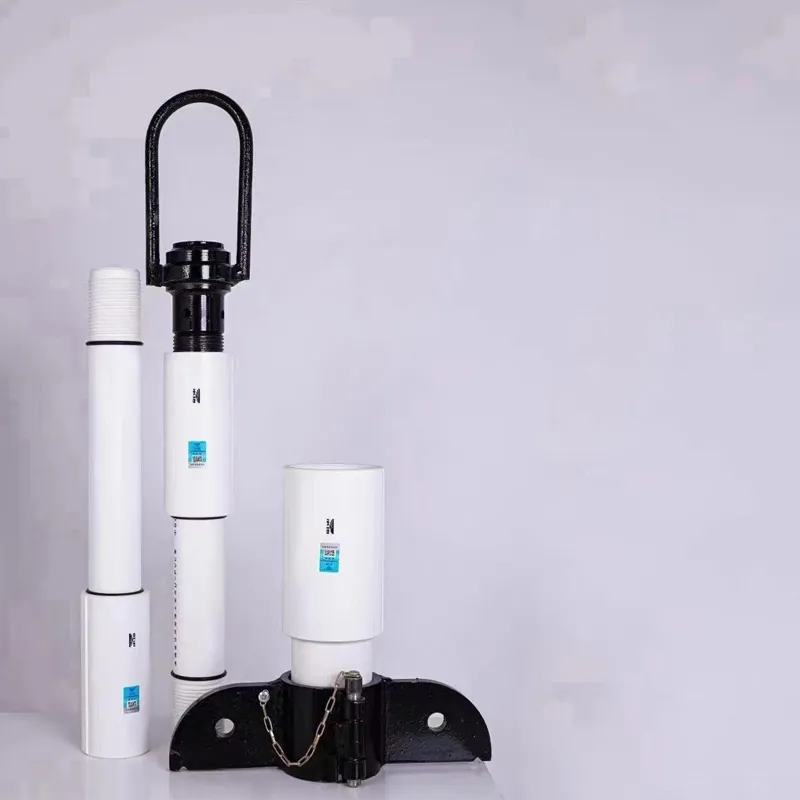Nov . 01, 2024 08:51 Back to list
China HDPE Pipe Size Specifications and Dimensions Overview for Various Applications
Understanding China HDPE Pipe Dimensions A Comprehensive Guide
High-Density Polyethylene (HDPE) pipes have gained significant popularity in various sectors, including water supply, sewage, irrigation, and industrial applications. One of the critical aspects of utilizing HDPE pipes effectively is understanding their dimensions. In China, the standards and specifications for HDPE pipe dimensions are well-defined to ensure compatibility and reliability.
What is HDPE?
HDPE is a thermoplastic polymer made from petroleum. Due to its high strength-to-density ratio, it is designed to withstand harsh environmental conditions, making it an excellent choice for piping systems. It is known for its durability, flexibility, chemical resistance, and low weight, contributing to its extensive use worldwide.
Common Dimensions of HDPE Pipes
The dimensions of HDPE pipes vary based on factors such as diameter, wall thickness, and length. The most commonly used dimensions of HDPE pipes in China are governed by the Chinese National Standards (GB) and the International Organization for Standardization (ISO).
1. Pipe Diameter HDPE pipes come in various nominal diameters, typically ranging from 20 mm to 1200 mm or more. The diameter is crucial as it determines the flow capacity of the pipe. Common sizes include - DN20 (20 mm) - DN50 (50 mm) - DN100 (100 mm) - DN200 (200 mm) - DN500 (500 mm)
2. Wall Thickness The wall thickness of HDPE pipes is another critical dimension that affects their pressure ratings and overall strength. The thickness is often categorized according to the pipe's pressure rating, expressed in PN (Pressure Nominal). Common pressure ratings include PN4, PN6, PN8, PN10, and higher. The following is a brief overview - PN4 Suitable for low-pressure applications - PN10 Common for water distribution - PN16 Suitable for higher pressure applications such as industrial use
china hdpe pipe dimensions

3. Length HDPE pipes are typically supplied in standard lengths, which can be customized according to project requirements. The common lengths are usually 6 meters or 12 meters, but longer lengths may be available for specific applications.
Importance of Proper Dimensioning
Selecting the correct size and dimension of HDPE pipes is essential for ensuring efficient flow rates and minimizing the risk of system failure. Undersized pipes can lead to increased turbulence and pressure drop, while oversized pipes may incur unnecessary costs and water stagnation issues.
Applications of HDPE Pipes
HDPE pipes have a wide range of applications due to their versatility. They are commonly utilized in - Water Supply Systems - Wastewater and Sewage Systems - Agricultural Irrigation - Industrial Piping - Telecommunications and Electrical Conduits - Gas Distribution
Conclusion
Understanding the dimensions of HDPE pipes is crucial for engineers, designers, and contractors involved in piping systems. In China, adherence to specified dimensions ensures that pipes perform optimally, offering longevity and reliability. Whether for municipal water supply or agricultural irrigation, selecting the appropriate HDPE pipe dimensions can significantly impact the project's success and sustainability. By adhering to the standards and specifications, stakeholders can guarantee efficient water management and resource conservation for generations to come.
-
High-Quality PVC Borehole Pipes Durable & Versatile Pipe Solutions
NewsJul.08,2025
-
High-Quality PVC Perforated Pipes for Efficient Drainage Leading Manufacturers & Factories
NewsJul.08,2025
-
High-Quality PVC Borehole Pipes Durable Pipe Solutions by Leading Manufacturer
NewsJul.08,2025
-
High-Quality PVC Borehole Pipes Reliable PVC Pipe Manufacturer Solutions
NewsJul.07,2025
-
High-Quality UPVC Drain Pipes Durable HDPE & Drain Pipe Solutions
NewsJul.07,2025
-
High-Quality Conduit Pipes & HDPE Conduit Fittings Manufacturer Reliable Factory Supply
NewsJul.06,2025

